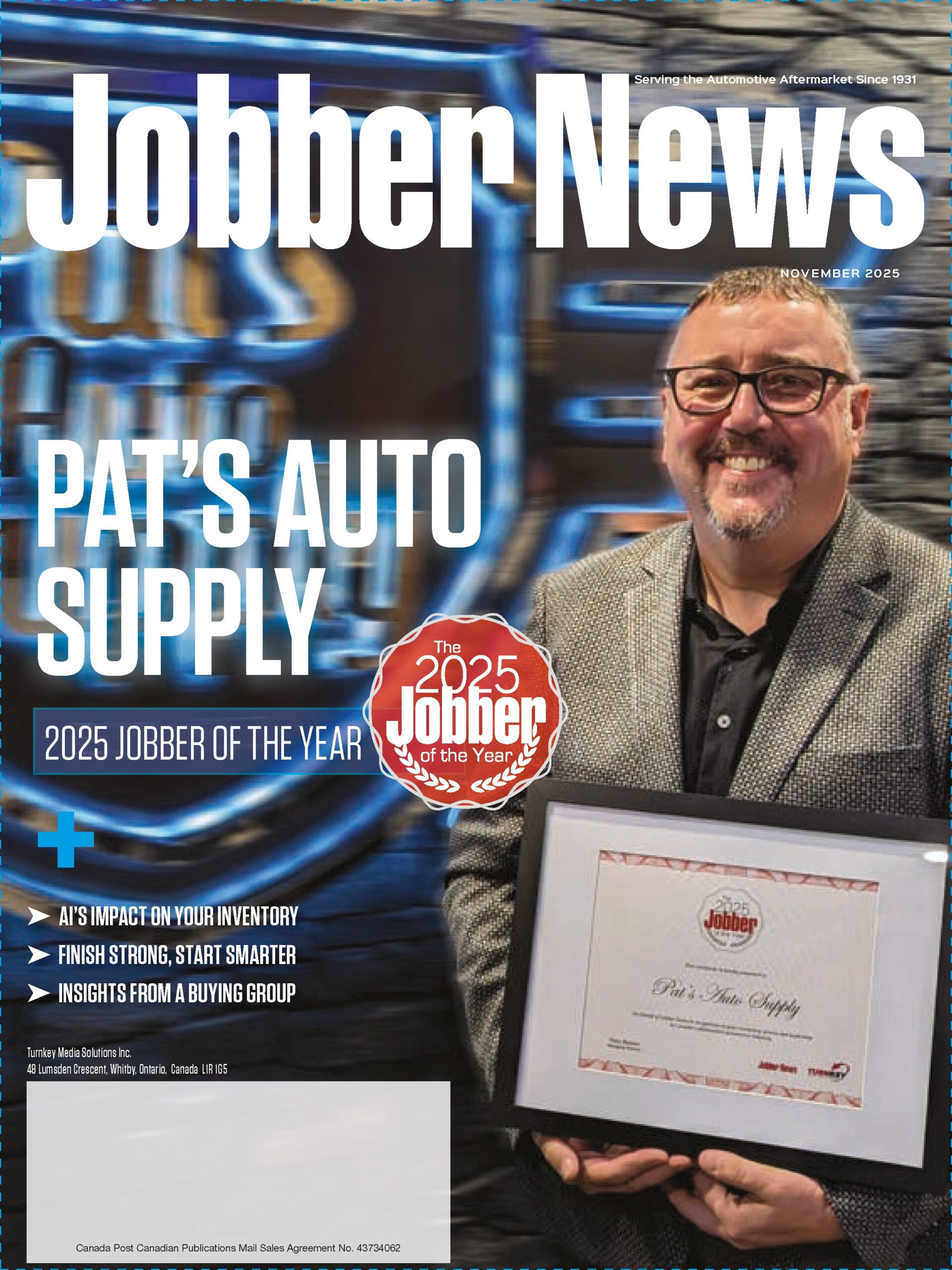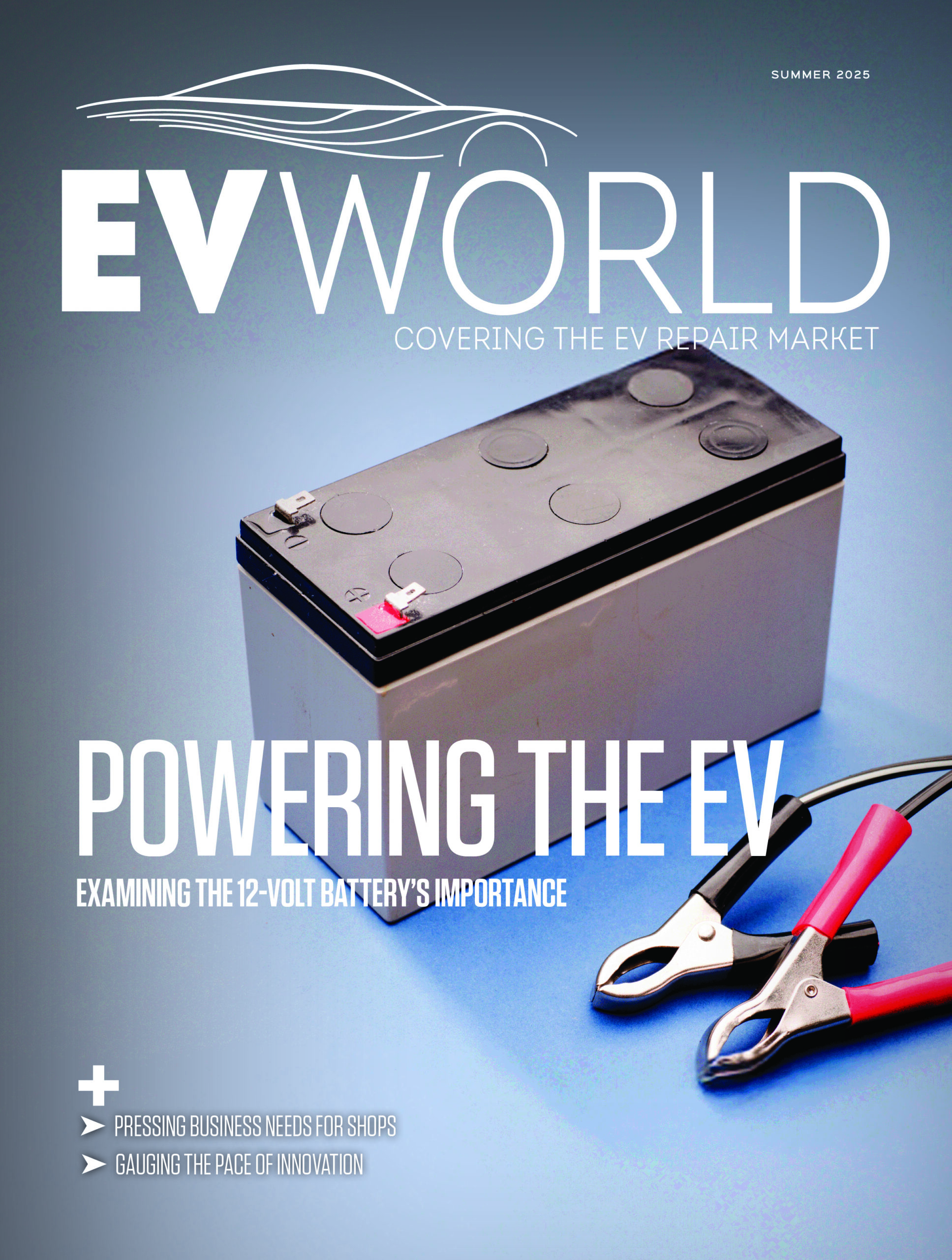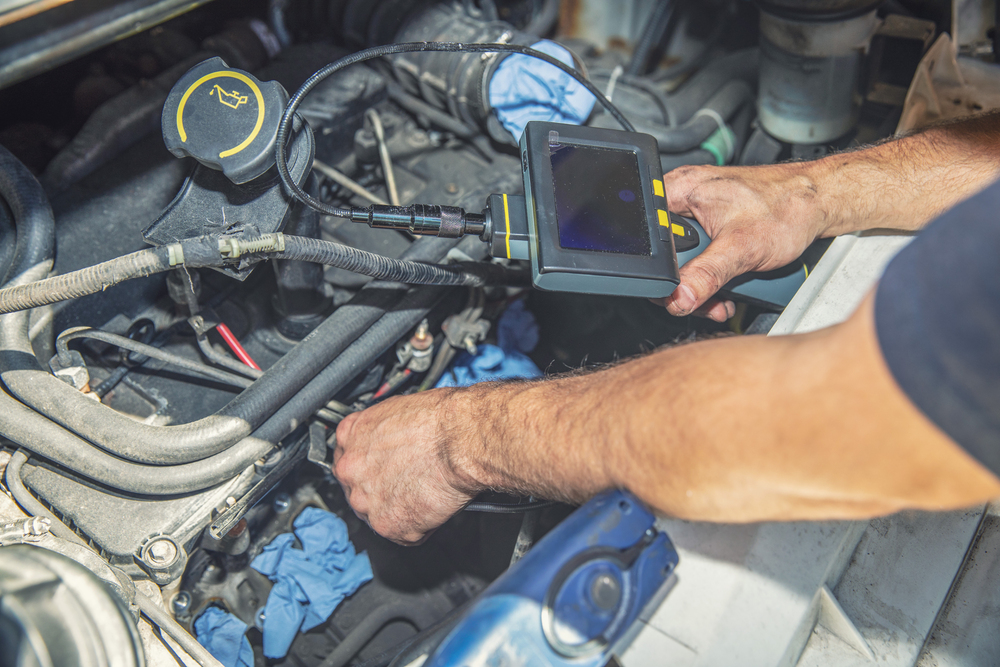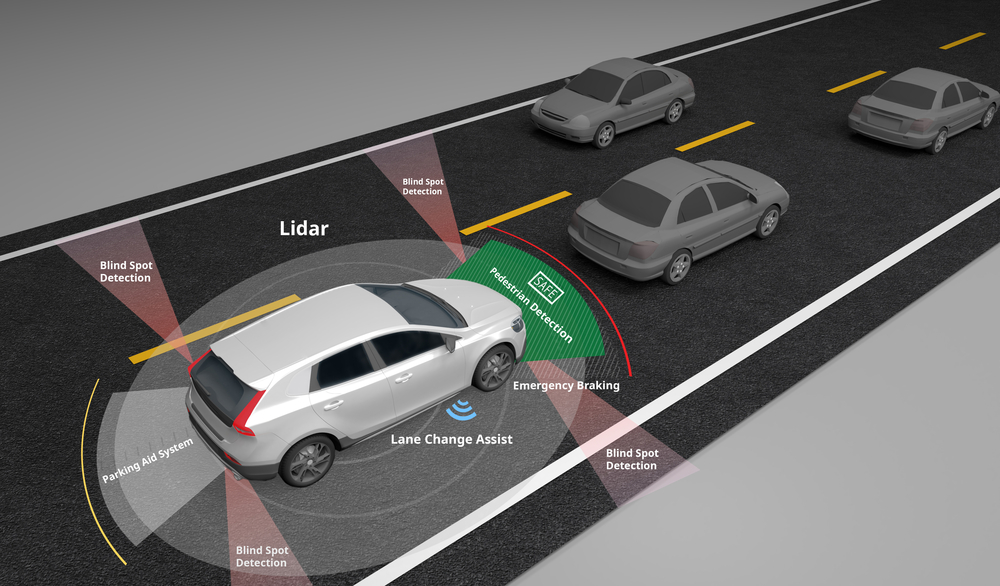
In the world of automotive repair, knowing how to talk to customers can be just as important as knowing how to fix their cars.
When you can understand the various personality traits of the consumer, you can better work with clients and effectively communicate with them, said Emily Chung, a former auto repair shop owner.
At the Tirecraft 2025 Conference in Blue Mountain, Ontario, she explained to the audience how knowing and understanding consumer behaviour can transform how automotive professionals interact with their clients.
Drawing from her background as a psychometrist, Chung introduced attendees to the DISC personality assessment framework — a tool that helps identify four primary communication styles: Controllers, promoters, supporters and analysts.
“Babies and puppies intuitively know how to adapt their communication,” Chung explained. “As adults, we often forget this skill.”
The framework breaks down personality types based on two key questions: Are you people-oriented or task-oriented? Do you prefer to be in charge or have a more laid-back attitude?

Controllers, for instance, are direct and results-oriented. They want information quickly and precisely. Promoters are enthusiastic and love recognition. Supporters seek harmony and avoid conflict, while analysts crave detailed information and thorough research.
Chung demonstrated how understanding these styles can dramatically improve customer interactions. A controller might want a straightforward brake repair explanation, while a supporter would appreciate hearing how the repair ensures family safety.
“The beauty is in flexibility,” Chung said. “You’re not manipulating the message — you’re simply communicating differently.”
Her approach goes beyond customer service. She noted that the technique works in personal relationships, management and even parenting. By recognizing someone’s communication style, professionals can build rapport faster and more effectively, Chung said.
For service advisors struggling to discuss necessary repairs, she recommended first identifying the customer’s personality type. An analyst might appreciate technical details about wear and tear, while a promoter might respond better to recognition of their car maintenance efforts.
The key, she emphasized, is intention. “There’s a difference between knowing how to do something and having the intention to do it,” Chung said.
Image credit: Depositphotos.com












Leave a Reply